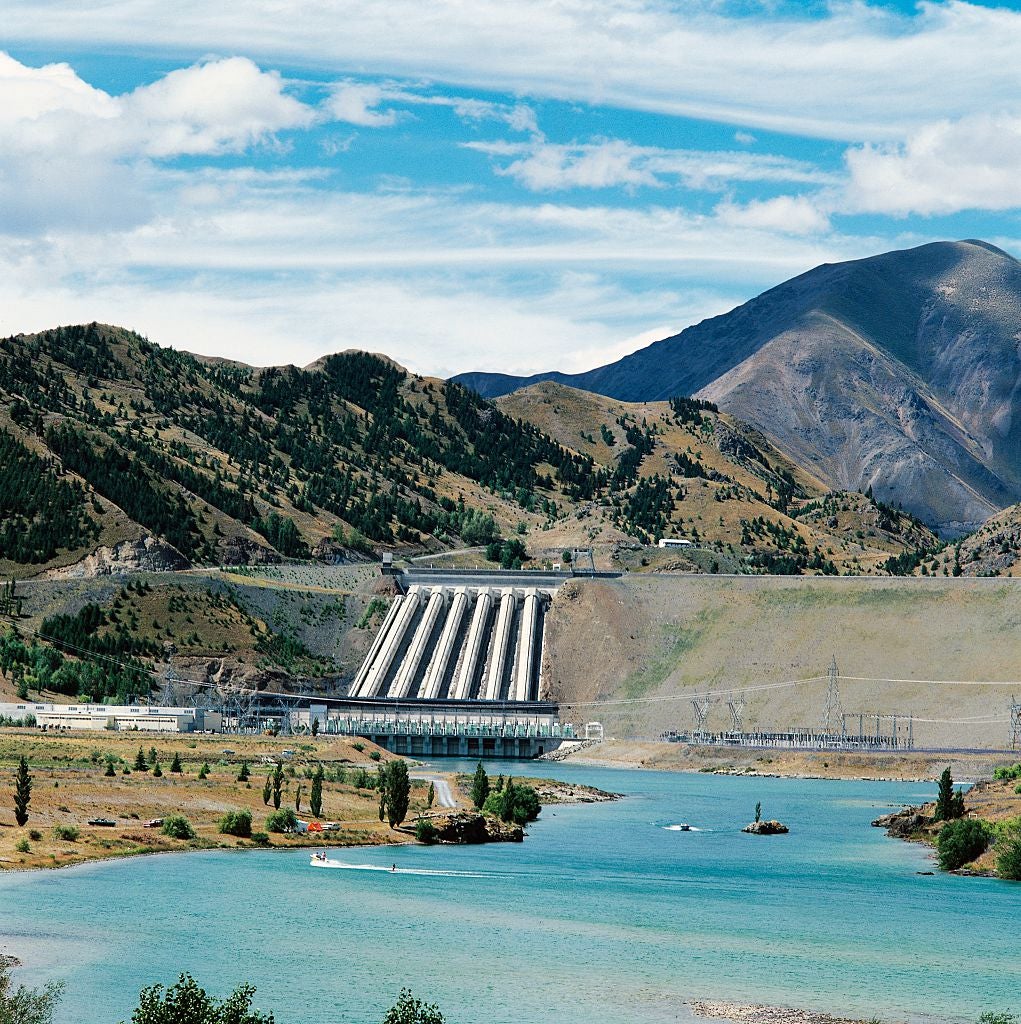New Zealand has increased its fossil fuel generation to meet electricity demand as its hydropower generation hits a decade low.
According to energy think tank Ember, electricity generated from fossil fuels between January and July registered 4.36 terawatt-hours (TWh), a 67% increase from the same period in 2023, Reuters reported.
The 1.75TWh year-over-year increase in fossil fuel generation nearly aligned with the 1.86TWh decline in hydro generation from the same period in 2023–24.
According to Power Technology’s parent company, GlobalData, fossil fuels’ total generating capacity in New Zealand totalled 13.13% in 2023, significantly less than hydropower’s 59.29%.
Hydropower is New Zealand’s main source of electricity; however, extreme weather has greatly affected its generating capacity.
Due to droughts, the country’s hydropower generation dropped to 48.6% in July, its lowest recorded reading in nearly a decade.
The rapid decline of hydropower has forced the country to turn to other sources such as fossil fuels to mitigate rising energy prices and maintain its energy security.
This is not an isolated incident. The government in Brazil switched off two of its largest hydroelectric power plants earlier this month due to severe drought, also having to increase fossil fuel generation to compensate for the loss in hydroelectricity.
Due to limited supply, electricity prices in New Zealand are now almost double those in Australia.
To combat the price hike, the New Zealand Government announced that it will reverse a previous ban on offshore oil and gas licences and fast-track imports for liquified natural gas.
Whilst these measures are in place to alleviate rising energy prices and increase the country’s energy security, they may take years to impact gas supplies to power producers. New Zealand is still expected to face tight supplies of generation fuels for the rest of 2024.
With hydropower reliant on significant rainfall, an increased deployment of solar is likely the most optimal solution for a more sustainable recovery in generation levels.









